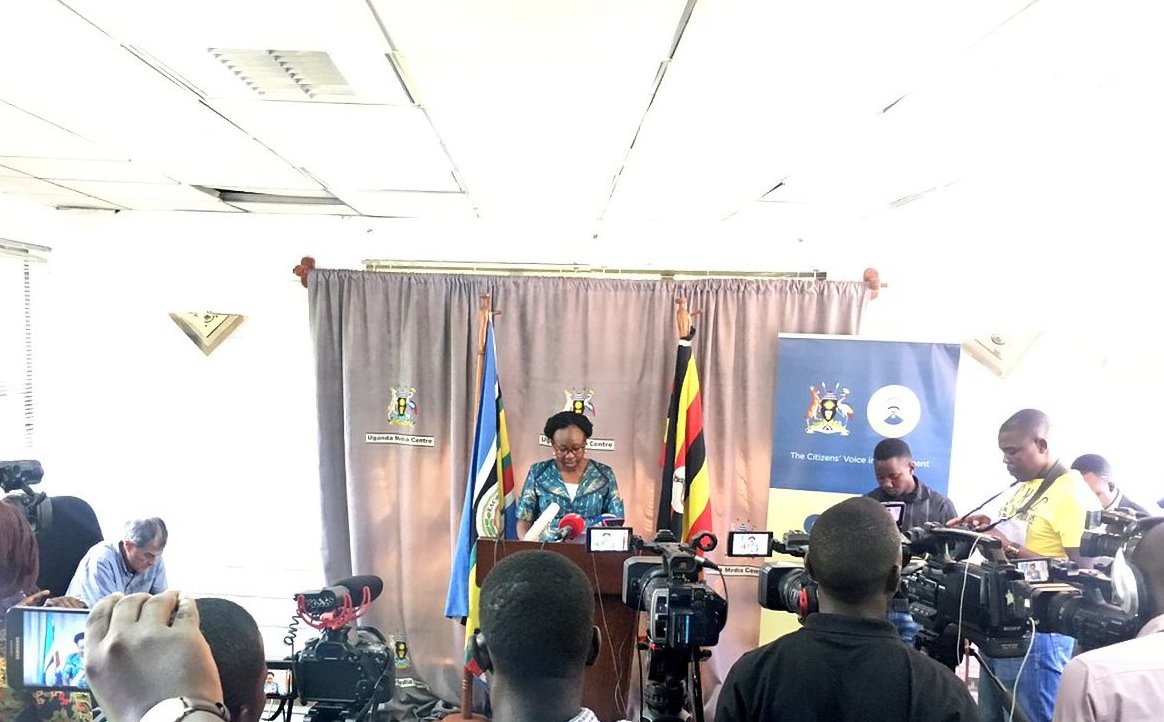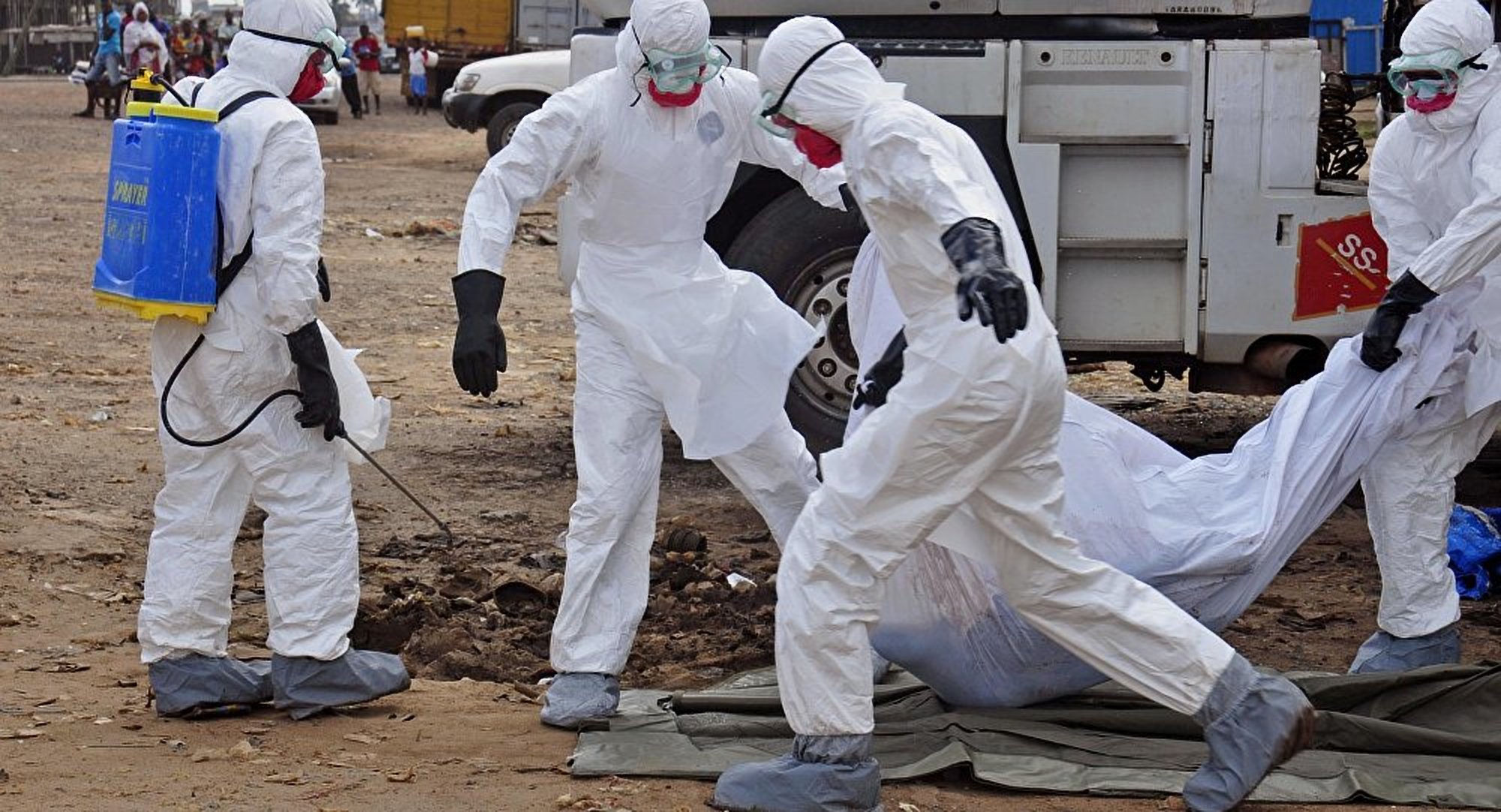
KAMPALA -The Ministry of Health has announced that vaccination against Ebola will begin on Monday, November 5, in certain high-risk districts
This will be the first time Ebola vaccine is trialled in the country that is on high alert as the deadly fever wreaks havoc in the neighbouring Democratic Republic of Congo.
Addressing a press conference at the media centre in Kampala on Friday, the Minister of Health, underscored the importance of vaccination.
“As the neighbours to the DRC, Uganda is on high alert due to the high risk of the Ebola threat,” Dr Ruth Aceng said.
However, she insisted that the vaccine will only be administered to only health workers in the five high-risk districts of Kabaraole, Bunyangabo, Kasese, Bundibugyo and Ntoroko.
She also reiterated that there is no confirmed Ebola case in the country and an active case search continues in all communities, health facilities and on formal and informal border crossing in all districts, especially in the high-risk ones.
Yonas Tegegn Woldemariam, the WHO Representative in Uganda, assured the country that the vaccine is safe with an efficacy level of over 90 per cent.
“There are no major risks recorded up to now. Once one is vaccinated there could be just a normal reaction and that’s why we follow up those who have been vaccinated,” Dr Tegegn stated.
The vaccine has already tested in Guinea and DR Congo where reports indicate that so far, over 200 people have died of the disease.

According to reports, experimental new treatments for Ebola appear to be working effectively in the most recent outbreak in Central Africa, an expert reported at a medical conference here on Wednesday.
The death rate was 43 percent among patients in the Democratic Republic of Congo who received one or more of four experimental treatments, Dr William A. Fischer II, an emergency care specialist at the University of North Carolina at Chapel Hill, is quoted as saying by the Times.
If the count excluded Ebola patients who were within hours of death when they arrived at the hospital, the fatality rate would be 32 percent, he added.
By contrast, about 68 percent of Ebola patients in hospitals before the new treatments were approved had died.




